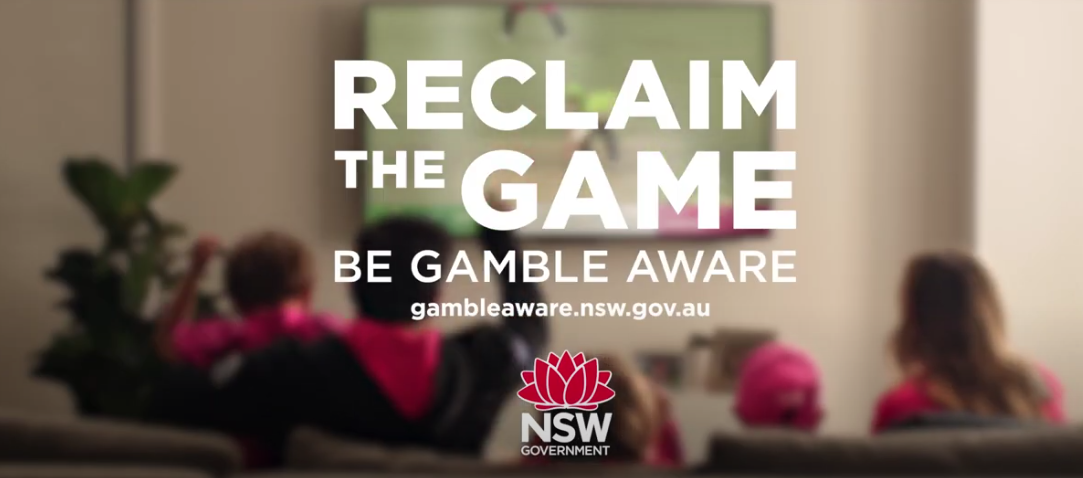
The NSW Swifts and the GIANTS are among the latest teams to partner with the NSW Reclaim The Game initiative, which allows fans to enjoy games free from sports betting advertising.
Ahead of the 2024 Suncorp Super Netball competition starting next week, the two clubs have pledged to turn down sports betting sponsorship for the next two years and commit to educating their fans, players, and staff about gambling harm in the community through messaging at their games and on their social media.
Reclaim the Game is now affiliated with 18 teams in six codes, including Netball, AFL, A-League, Cricket, NBL and NRL. Since its launch in 2020, the initiative has reached millions of sports fans through more than 260 games on TV and in stadiums.
“It is fantastic to see more NSW teams join Reclaim the Game and raise community awareness of harms linked to sports betting and gambling. These partnerships are a strong reminder that you don’t need to have a bet to show support for your team,” said Minister for Gaming and Racing David Harris.
“Elite players are role models for young athletes and fans. The Reclaim the Game partnerships with NSW Swifts and GIANTS Netball will engage a vast young fan base, ensuring they are protected from betting ads and can develop positive associations with sport”.
“As the most popular community sport in the state and the leading elite female code, we are committed to educating our fans, participants, and the broader community about the risks associated with gambling and the harm it can cause,” said Netball NSW CEO Tracey Scott.
The new signings come at a time when the debate surrounding gambling advertising in sports is at an all-time high. Tabcorp recently found itself in hot water when it confessed to breaching its own self-regulatory rules that stop it from advertising during 6.30 am and 8.30 pm during round one of the AFL season. In the first minutes of the season’s first game, fans watching on free-to-air television had already borne witness to over 70 gambling ads, including fluorescent ads plastered on digital billboards around the ground.
The mistake raised calls for gambling advertising reform with the ground-based ads engraining gambling practice within the sport itself. According to the Alliance For Gambling Reform, three in every four kids believe that gambling is a normal part of sports, and anyone 12 or younger has never watched a sporting game without bearing witness to gambling advertising of some capacity.
Following the Belgian government’s total gambling ad ban last year, Communications Minister Michelle Rowland was recently briefed on the viability of a similar decision on Australian shores. The findings revealed that implementing a ban of this nature is much more complicated and multifaceted in Australia. The practice is so engrained in the country’s society that eliminating advertising of this nature completely may be impossible.
While calls for a total gambling advertising ban will likely be rejected, there is pressure on reform, particularly surrounding on-field and stadium ads, with the Albanese government still in discussions. “The government is examining restrictions and engaging with stakeholders, including harm reduction advocates, health experts and industry, as we develop our policy,” said Rowland earlier this year.